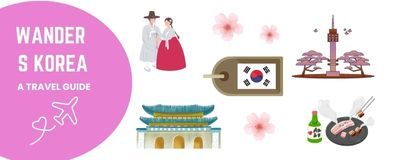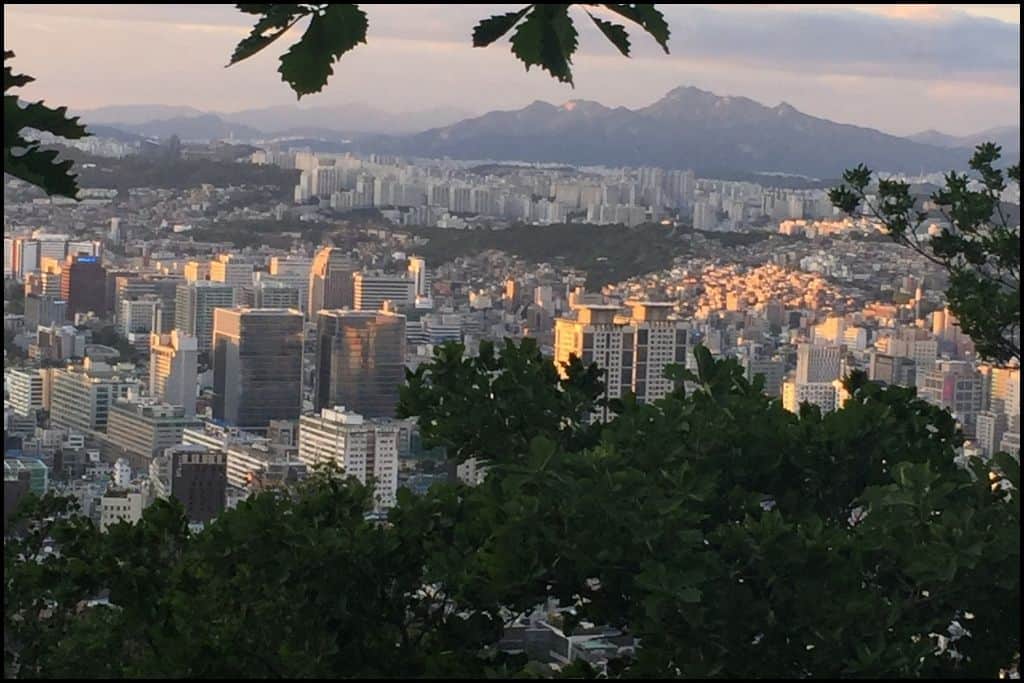
South Korea has become an increasingly popular travel destination, known for its rich culture, vibrant cities, and stunning landscapes. More women are exploring new destinations on their own as solo travel gains popularity.
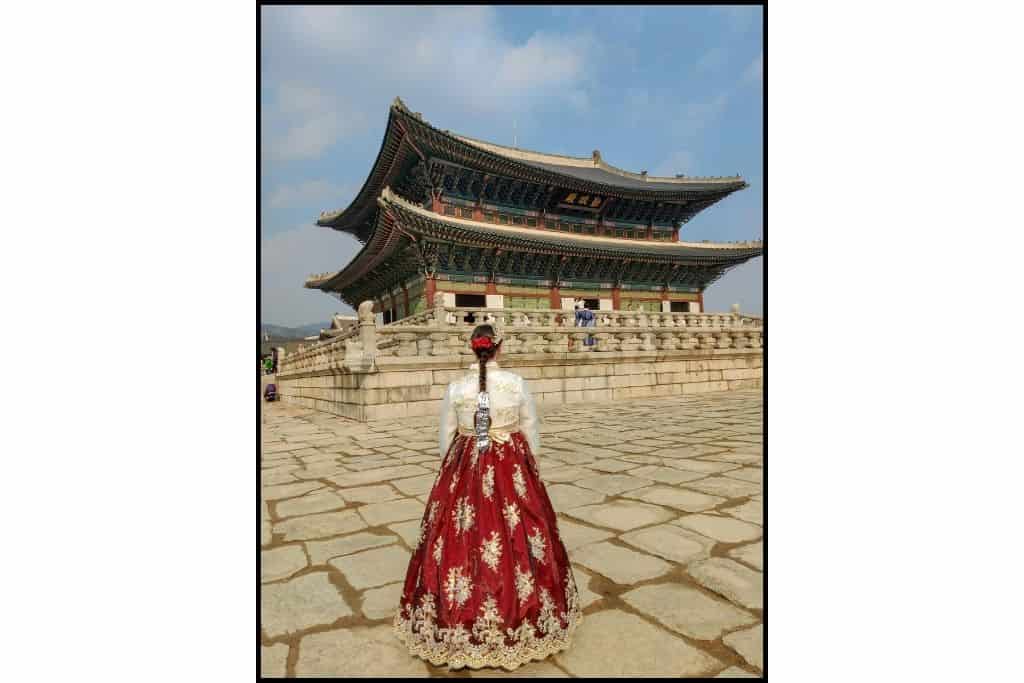
As a woman who frequently travels solo in South Korea, I can confidently say it’s one of the safest countries for women exploring independently.
However, as with any destination, being aware of your surroundings and planning ahead are key to a smooth, worry-free experience.
In this blog, I’ll share essential safety tips and insights to help you make the most of your solo journey in South Korea.
Is South Korea Safe for Solo Female Travelers?
Yes! South Korea is widely regarded as one of the safest destinations for women traveling alone.
The country boasts low crime rates compared to many other nations, providing a sense of security for visitors.
Why is South Korea considered safe?
South Korea is one of the safest countries in the world, offering a welcoming and secure environment for tourists, including solo female travelers.
The country’s advanced public transportation systems are equipped with security measures, such as CCTV and women-only subway cars during rush hour in Busan, making travel even safer.
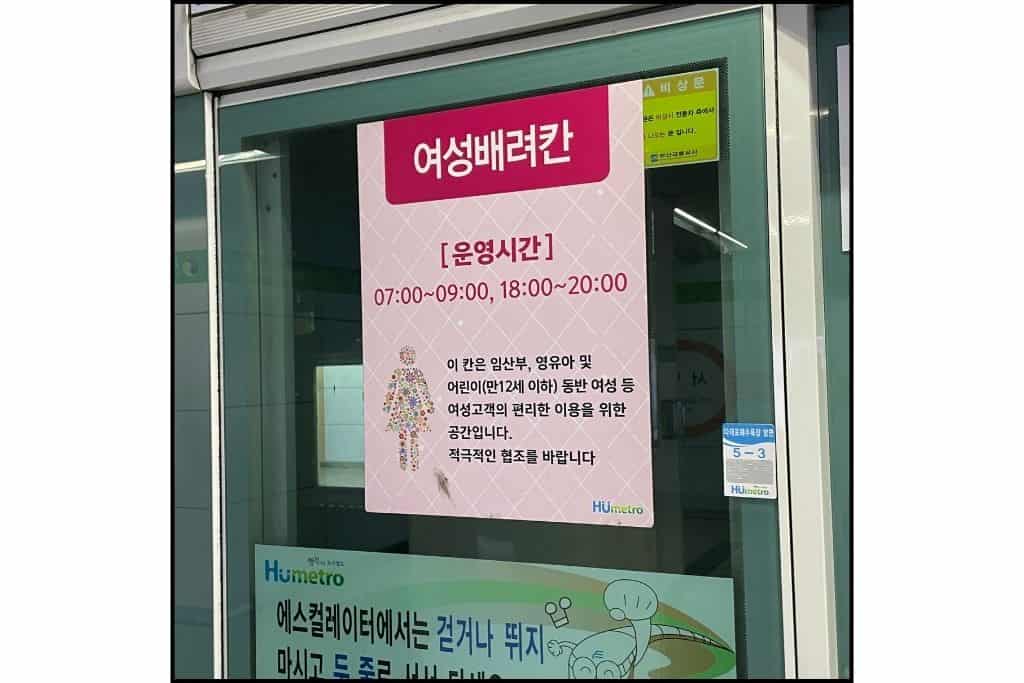
Additionally, convenience stores serve as a “safe haven,” where women can seek help and contact local authorities if needed.
I’ve traveled solo here many times, and while I’ve never needed to ask for help, it’s reassuring to know that CCTV cameras are everywhere and that assistance is readily available.
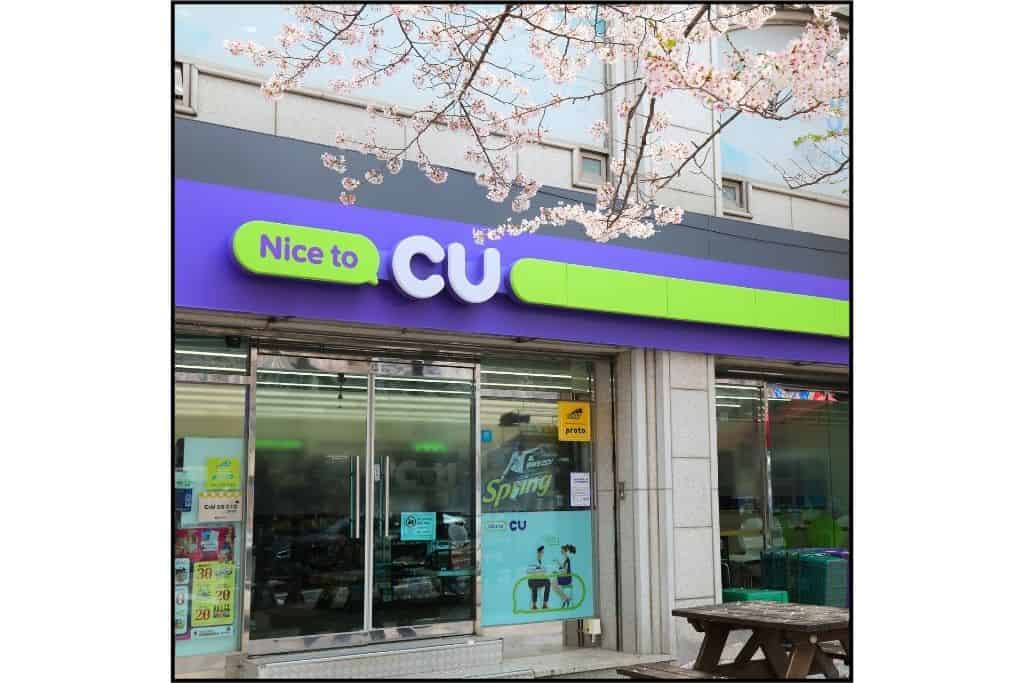
I’ve never felt the need to be overly guarded about my phone being snatched or worried much about pickpocketing—except in large crowds at night.
Frankly, I trust Koreans not to steal or commit petty crimes. If anything, I’m more cautious around other tourists.
While South Korea’s safety measures make solo travel comfortable and stress-free, it’s still important to stay aware and take precautions based on your activities and surroundings.
How Safe Is South Korea During the Day?
Walking around during the day in South Korea is a breeze. Whether you’re exploring bustling city streets or quieter neighborhoods, the overall environment is safe and relaxed.
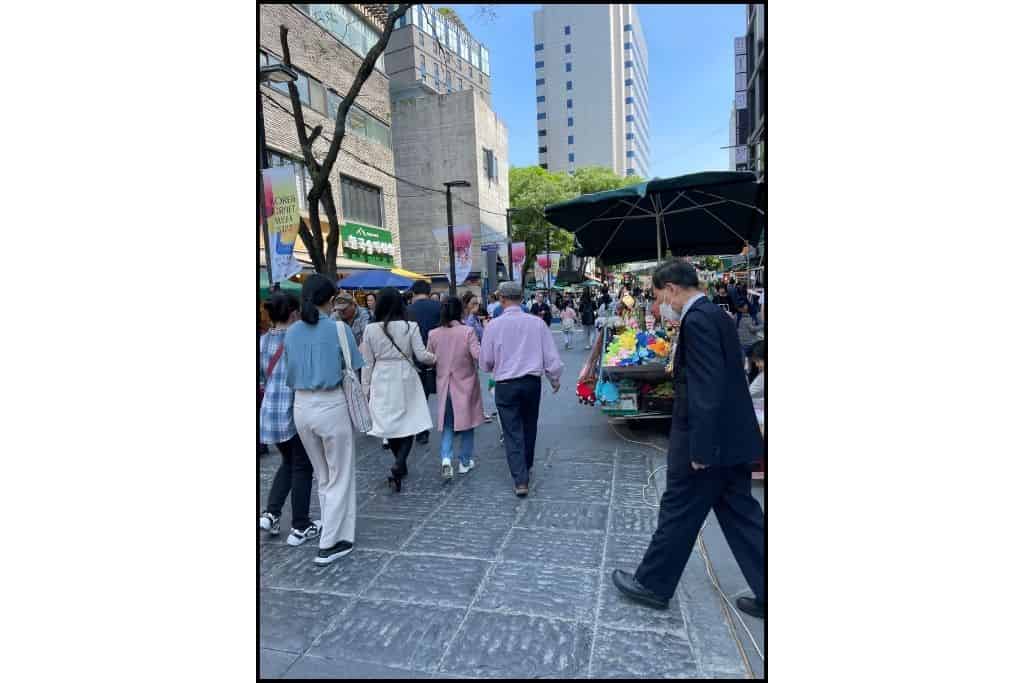
The country’s emphasis on public safety is evident through its extensive use of CCTV cameras, which are widely installed in public areas to deter crime.
In tourist areas in Seoul, there are uniformed helpers, Red Angel Tour Guides, known for their bright red attire with an i as a logo, who assist tourists with information and assistance around the city.
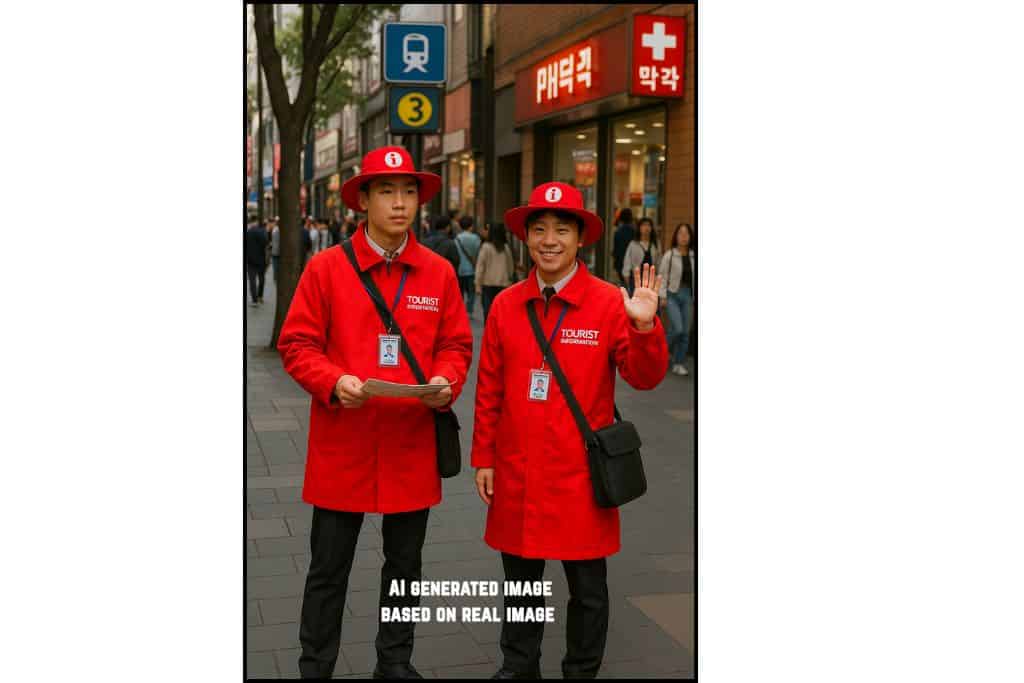
They hang out in touristy areas, speak many languages, and have maps they hand out. They can answer questions, show where you are on the maps they give out, and give directions to a destination.
Staying connected in Korea is a lot easier with a SIM card or eSim
👉 Grab your SKT Unlimited Local Data & Voice Calls Sim Airport Pick up HERE
OR
Grab your Korea eSIM with SKT Unlimited LTE data + Voice
Is Public Transportation Safe for Solo Female Travelers?
The public transportation system in South Korea is efficient, affordable, and exceptionally clean and safe. The subway and buses are heavily monitored by CCTV, making them easy to navigate even during peak hours.
The subways get very crowded during rush hour, especially on certain lines. If possible, avoid these times.
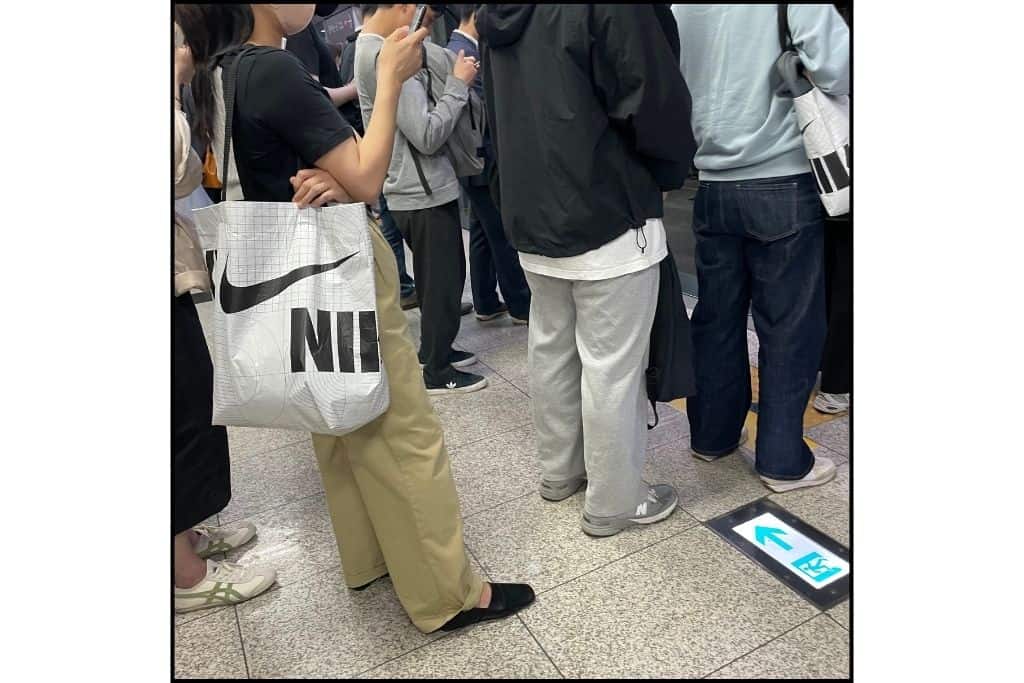
I have been so smushed in a subway once during rush hour that I had to talk myself out of a panic attack. It’s also advisable to keep an eye on your belongings. I would put my backpack in front.
I prefer to have my route mapped out so I look like I know where I’m going. This helps reduce the chance of being a target for someone who wants to insert themselves into my adventure.
However, I have found that Korean people are willing to help if you ask them when you are lost. For more about must-have apps, click HERE
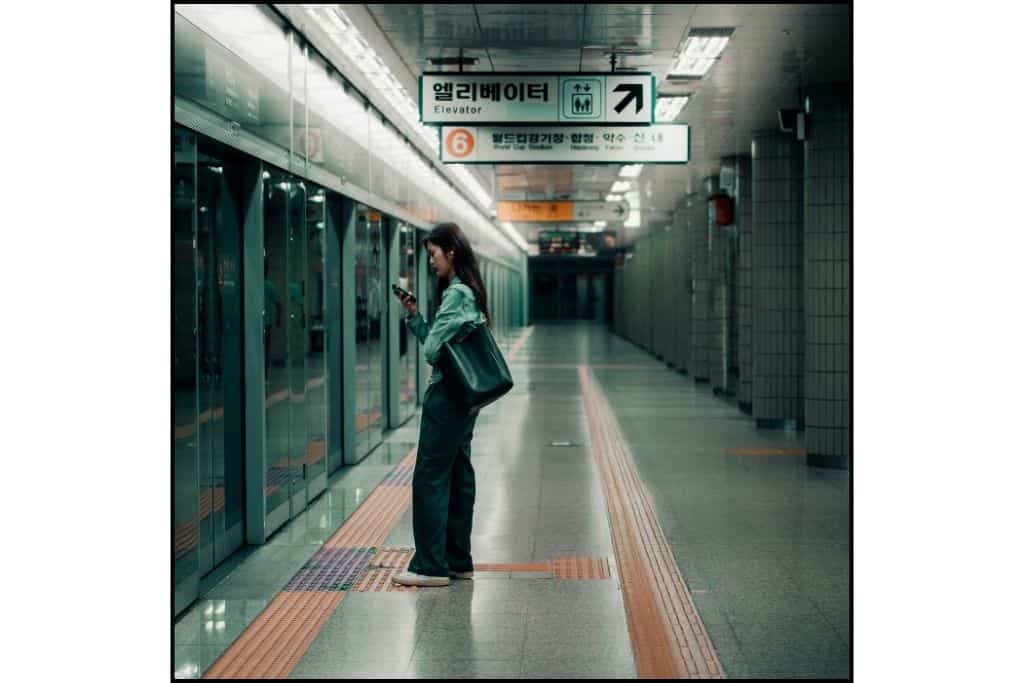
It’s worth noting that the bus and subway stop running at midnight. If you plan to go out past midnight, have a plan for getting back to your room.
While the subways are well-lit and have CCTV, you may encounter intoxicated passengers who might make you uncomfortable later in the evening. If you experience this, I recommend moving seats or move to a different subway car.
Is It Safe to Walk in Crowds?
South Korea is a densely populated country, especially in urban areas like Seoul. This means you’ll likely encounter crowded public spaces, particularly in markets, shopping districts, tourist hotspots, and, of course, the subway.
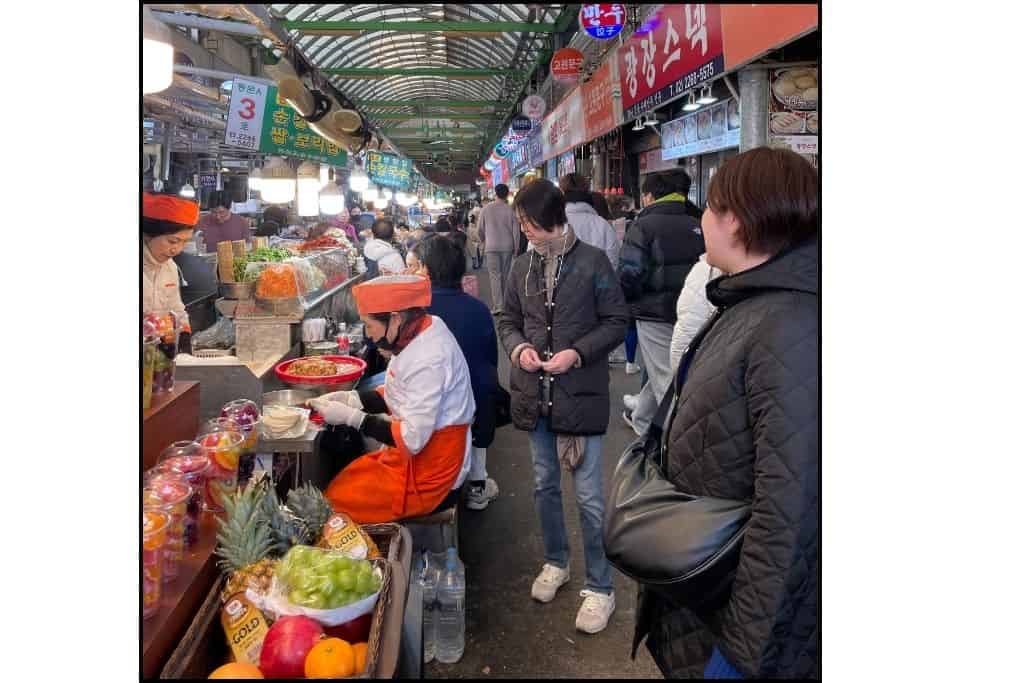
In crowded, tourist-heavy areas like Myeondong, I carry my backpack or purse in front of me at night to avoid pickpocketing.
While South Korea doesn’t have high petty crimes like pickpocketing, I still feel better with my belongings out of harm’s way.
Is It Safe to Walk Alone at Night in South Korea?
South Korea is widely regarded as safe for walking around at night. However, there are a few tips to help you feel more secure after dark.
Even at night, South Korean streets are typically well-lit and monitored by CCTV cameras. Many locals are out late, contributing to a lively yet secure atmosphere.
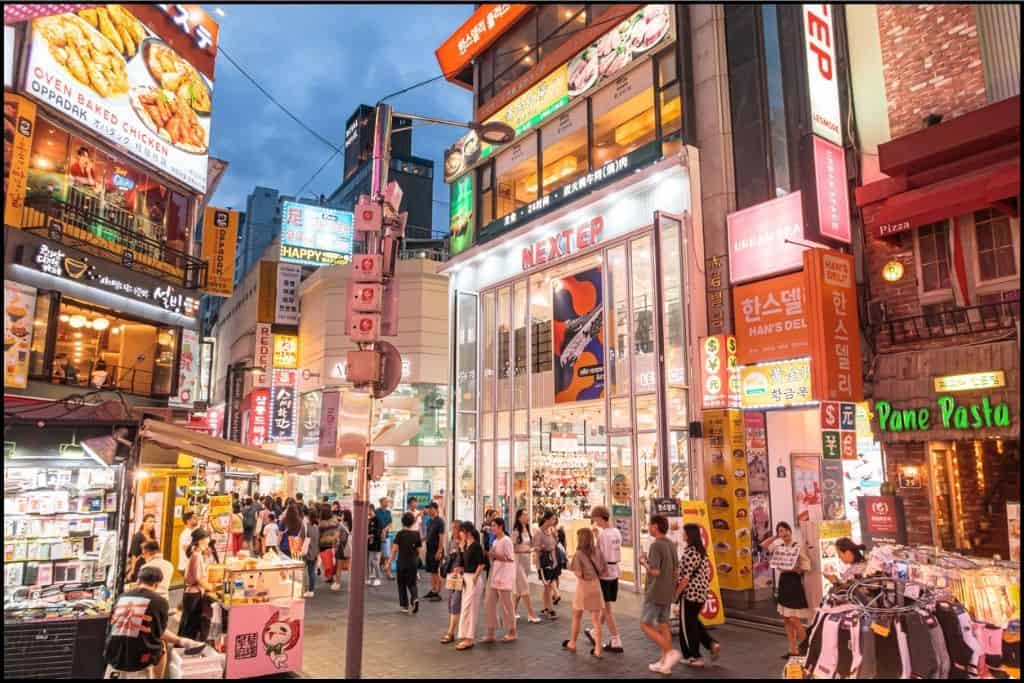
However, I recommend staying aware of the people and your surroundings. Keep your head on a swivel. Stay aware of what is happening around you and who is in the immediate area.
Stick to populated and well-lit areas if you’re unsure of your surroundings.
Avoid wandering into unfamiliar alleys or overly quiet areas, especially if you’re traveling alone. If possible, don’t be out late at night.
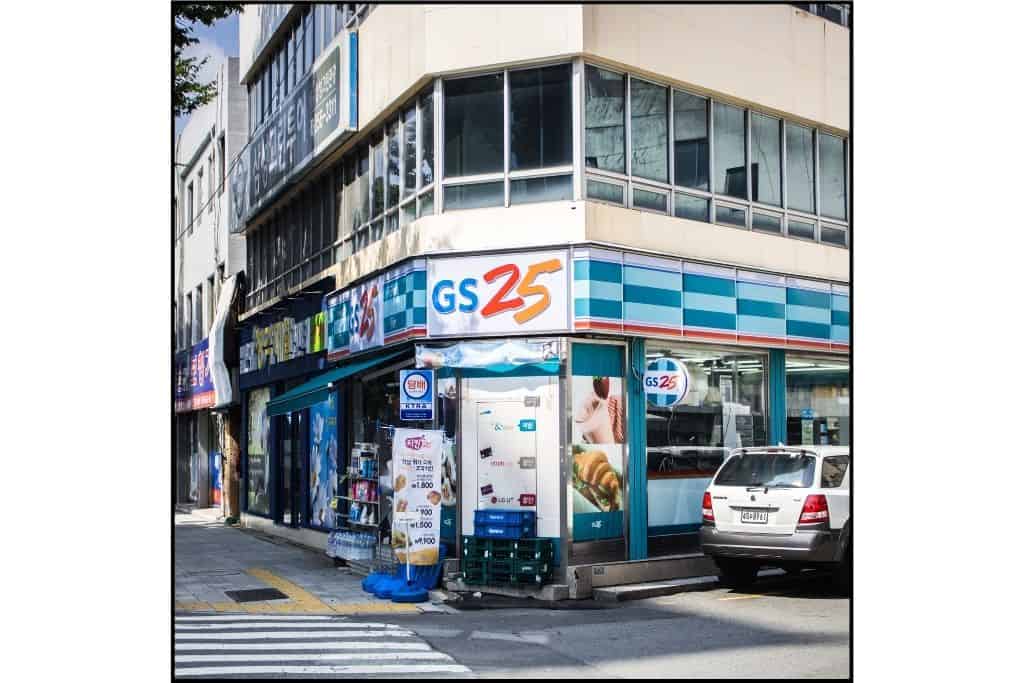
While not always discussed, sometimes men will follow women at night. If you feel or know you are being followed, please go to a convenience store and tell them you are being followed. Convenience stores are everywhere and partner with the police to provide a safe haven for women.
Where to Stay in Seoul for a Safe and Comfortable Visit
Seoul is an incredibly safe city overall, but like any big city, some areas are quieter and offer a more relaxed atmosphere, especially at night.
If you’re looking for a balance of convenience and peace of mind, consider staying in an area like Jongno, which are known for their cultural ambiance and quieter streets.
If you’re seeking a more bustling atmosphere with plenty of shopping and dining options, Myeongdong is a great choice, though it’s best to stay mindful of late-night crowds.
These areas are well-connected to public transportation and offer easy access to major attractions without the hectic vibe of Seoul’s nightlife districts.
While these areas are generally safe, it’s important to remember that no place is 100% free from risk. Staying aware of your surroundings, taking basic precautions, and trusting your instincts will ensure a safer and more enjoyable experience.
For recommendations on the best areas to stay for a comfortable and safe trip in Seoul, check out my Where to Stay in Seoul guide, which includes affiliate links to help you find the best deals.
Is South Korea’s Nightlife Safe for Solo Female Travelers?
South Korea is known for its vibrant nightlife, with clubs and bars open until the early morning hours.
I have not experienced the club culture in South Korea, but I have heard plenty about it. They don’t allow anyone over 30 to enter for the most part. I’m too old for clubs and have zero interest in going.
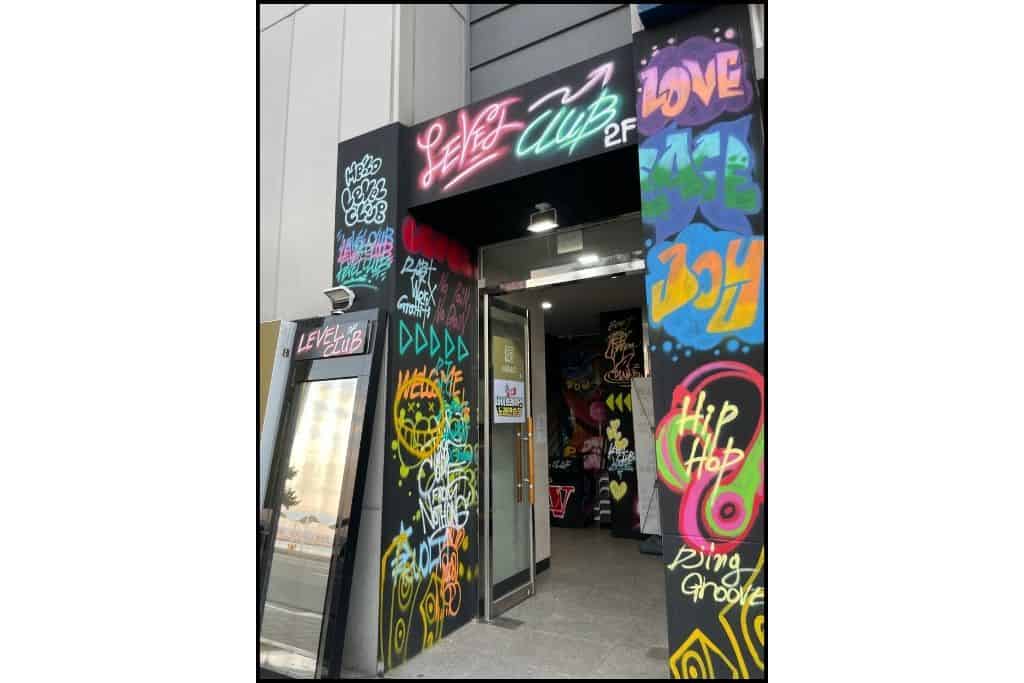
My main recommendation is not to go clubbing alone. Join a pub crawl or skip the club altogether. I can’t even recommend trusting other travelers to keep your safety in mind.
A solo female is a target, just as in any country. If you decide to go out, please take precautions. Do not accept any drinks from strangers, and never ever set your drink down or leave it unattended.

Make sure you know how you are getting back to your accommodations, as subways and buses stop around midnight.
Take any precautions you normally would while going out drinking.
Who to Call in an Emergency
It’s wise to have a card with your information, like your name, where you’re staying, an emergency contact name and number, any medical issues or allergies, etc, on your person.
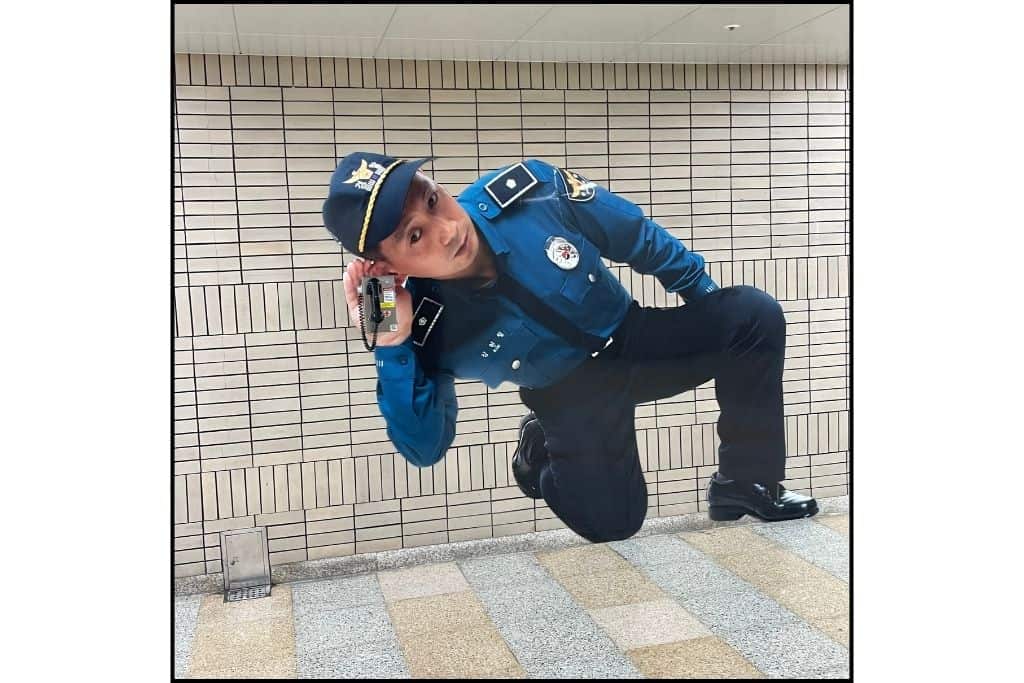
I also highly recommend getting travel insurance in case of an accident or injury. Keep this information handy as well.
Important Numbers To Know
- 1330 is the tourist hotline staffed with English translators 24/7. If you need assistance somewhere, you can call this number, explain the situation, and they will translate for you. If you call an emergency number and they don’t speak English, call this number and explain what is going on. They can make a 3-way call to these services.
- 119 is an emergency number for fire and emergency medical services like an ambulance. Usually the operator can speak English, but not always.
- 112 is for police response.
During all of my time in South Korea, I have never had to call emergency services. I have used the 1330 for translation when updating my cell phone service when I lived there. The operators there are really helpful and kind.
Are There Female-Only Accommodations for Solo Travelers in South Korea?
South Korea is known for having female-only or female-only floors in some accommodations.
There are several types of accommodations in South Korea. It is usually stated on the booking website that they are female-only.
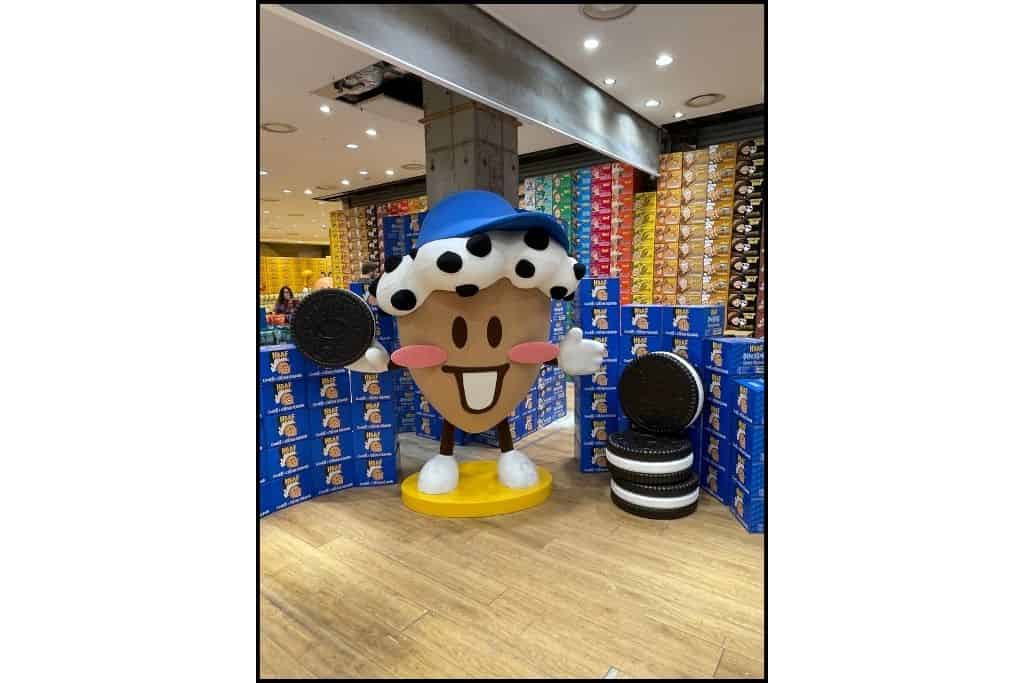
If you do not see anything regarding being female-only or a floor dedicated to female-only, it is most likely mixed male and female.
The different types of rooms are described below:
Goshiwon
A goshiwon is a small, budget-friendly accommodation option in South Korea, originally designed for students preparing for exams but now popular among travelers and long-term residents.
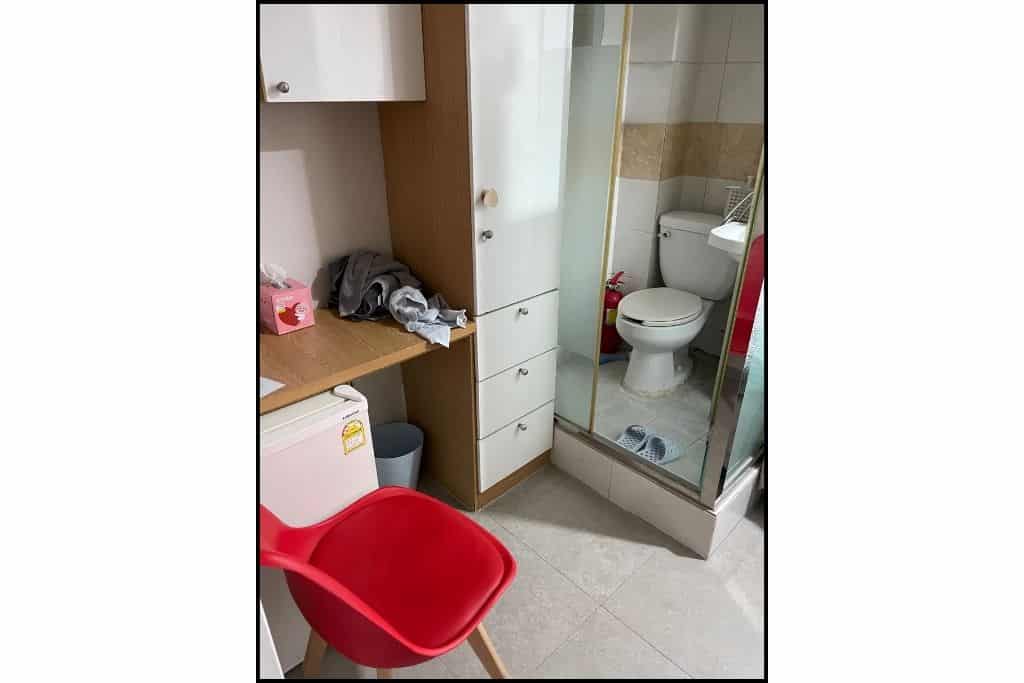
These tiny, no-frills rooms typically include a bed, desk, and limited storage space, with shared kitchen facilities.
They are typically female-only or male-only. Female only means that no men are allowed on the premises.
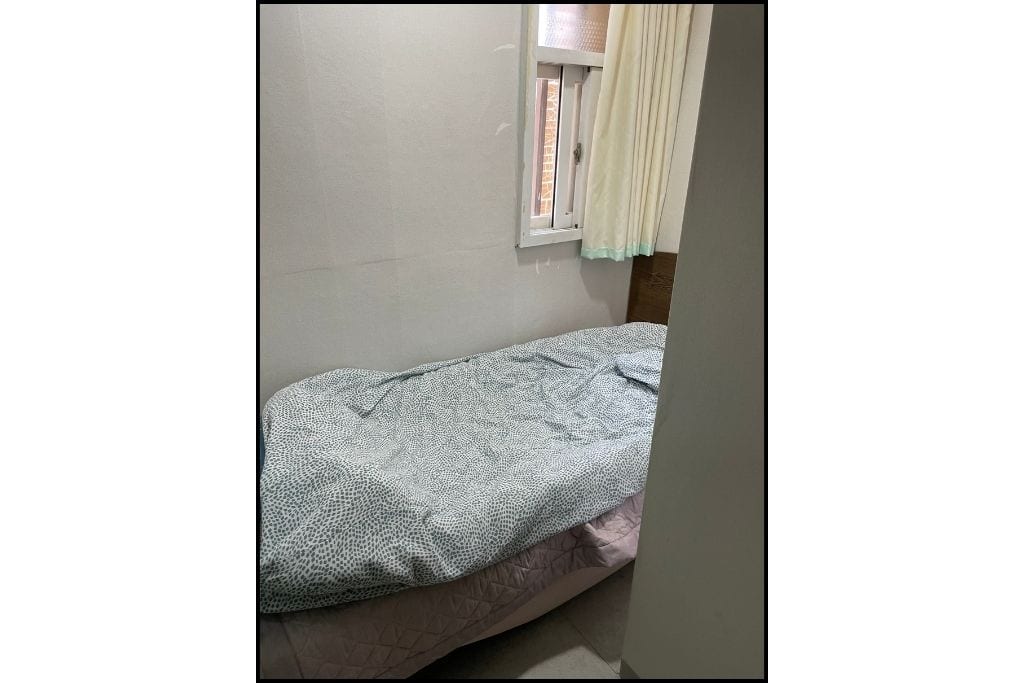
Goshiwons are an excellent choice for budget-conscious solo travelers since they’re significantly cheaper than hotels.
Some even provide free rice, kimchi, and instant noodles! Keep in mind they are very small and sometimes quite noisy.
While goshiwons are an affordable option, their small spaces can feel cramped. I prefer to pay more for a larger room.
However, they can still be helpful if you need a convenient and affordable place to stay for a single night when you arrive or depart.
Guesthouse
A guesthouse in South Korea is a budget-friendly accommodation option that offers a social and homey atmosphere.
Many guesthouses are female-only. They cater specifically to female travelers with women-only dorms and private rooms for added security and comfort.
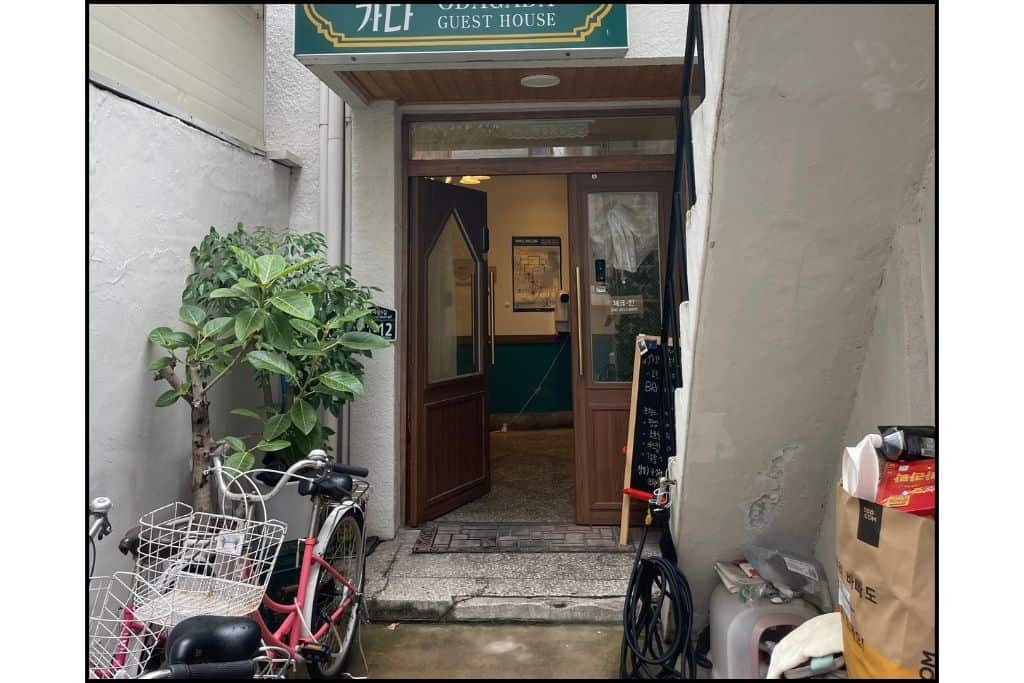
Only women are allowed to stay. Men are not allowed on the premises.
Bathrooms, kitchens, and common areas are shared, creating opportunities to meet fellow travelers.
Guesthouses are great for solo travelers because they’re affordable, often include free breakfast, and have friendly hosts who can offer local tips.
During my stay at a guesthouse in Itaewon, I was the only non-Korean woman among the guests.
I opted for a private room with a shared bathroom. Though the bathroom was shared, it was spacious and well-equipped with several restrooms and multiple showers.
Late nights were a bit noisy, as the other women, likely getting ready for a night out, would often be blow-drying their hair and chatting. Despite the noise, it still felt like a comfortable and safe space for solo travelers.
Hostel
Hostels in South Korea offer budget-friendly accommodations with a social atmosphere. They are similar to a guesthouse, except they are mixed-gender.
They feature mixed-gender and female-only dormitory-style shared rooms, private rooms, and communal spaces like kitchens, bathrooms, and lounges, making it easy to meet fellow travelers.
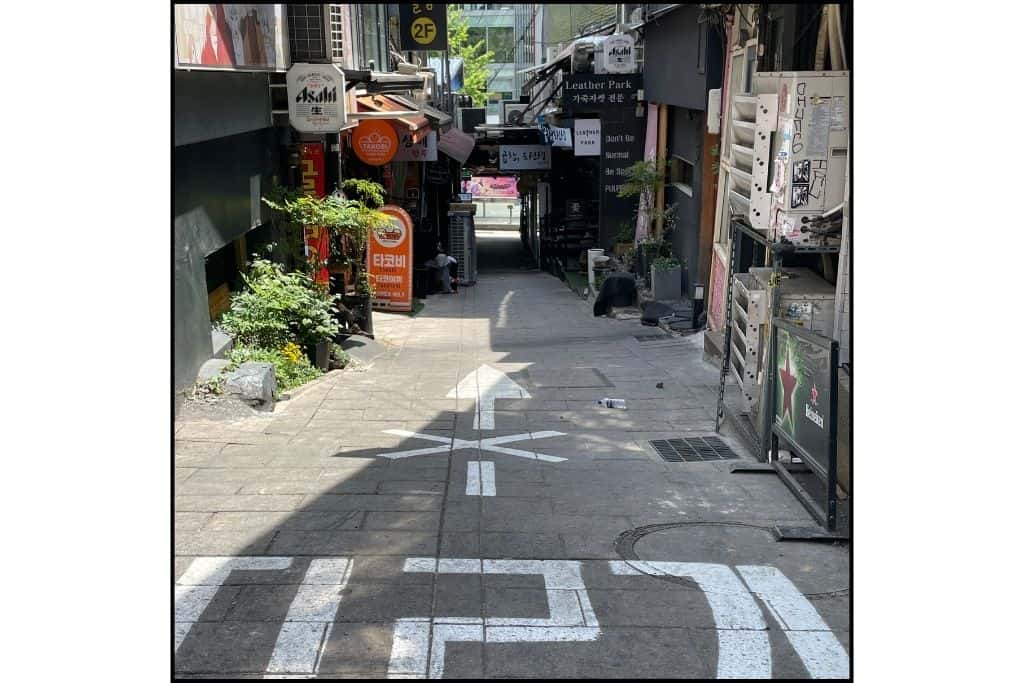
With convenient locations, affordable rates, and opportunities to connect, hostels are an excellent choice for those seeking both comfort and community on their trip.
The hostel I stayed at in Hongdae had a true backpacker vibe, with a mix of people of all ages and nationalities. It was a lively, communal space, typical of the bustling Hongdae area.
I chose a private room, though it was small and lacked a window, making it feel somewhat cramped. The shared bathroom situation was less than ideal—just one toilet and one shower for the entire floor.
While the hostel had great energy, it was easily my least favorite accommodation because of the lack of space and the shared bathroom setup.
Airbnb
Airbnb offers a wide range of accommodations in South Korea, from cozy apartments to unique stays such as traditional hanok houses.
It offers more privacy and flexibility than hostels or guesthouses, making it ideal for travelers who prefer a homier, personalized experience.
With options in both urban centers and quieter areas, Airbnb allows you to live like a local while enjoying the comforts of a private space.
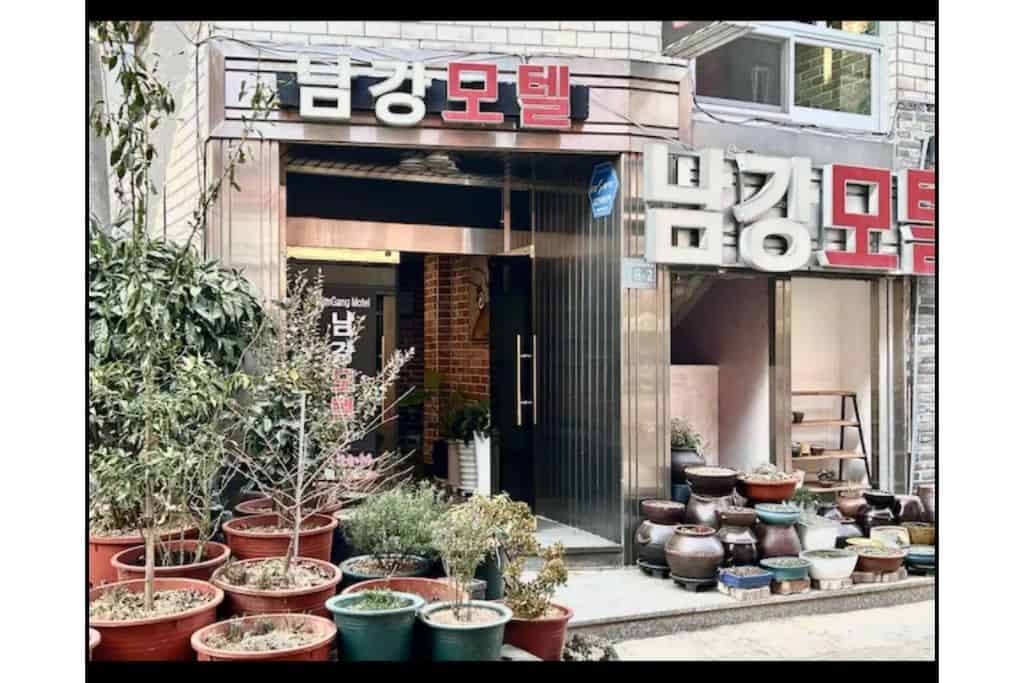
I’ve stayed in several different Airbnbs, and they’re by far my favorite type of accommodation. There’s something about the homey vibe that makes me feel comfortable and settled.
Depending on the price, I usually use Airbnb and opt to rent the entire apartment for maximum privacy, which is a big plus.
Plus, having a kitchen on hand means I can cook my own meals if I feel like it, adding an extra layer of convenience to my stay.
Hotel
Hotels in South Korea offer a range of options, from luxurious 5-star properties to more budget-friendly choices.

They provide the comfort and convenience of private rooms, modern amenities and may include services like room service, fitness centers, and spas.
Hotels are perfect for travelers who prefer privacy, reliable service, and a more traditional accommodation experience.
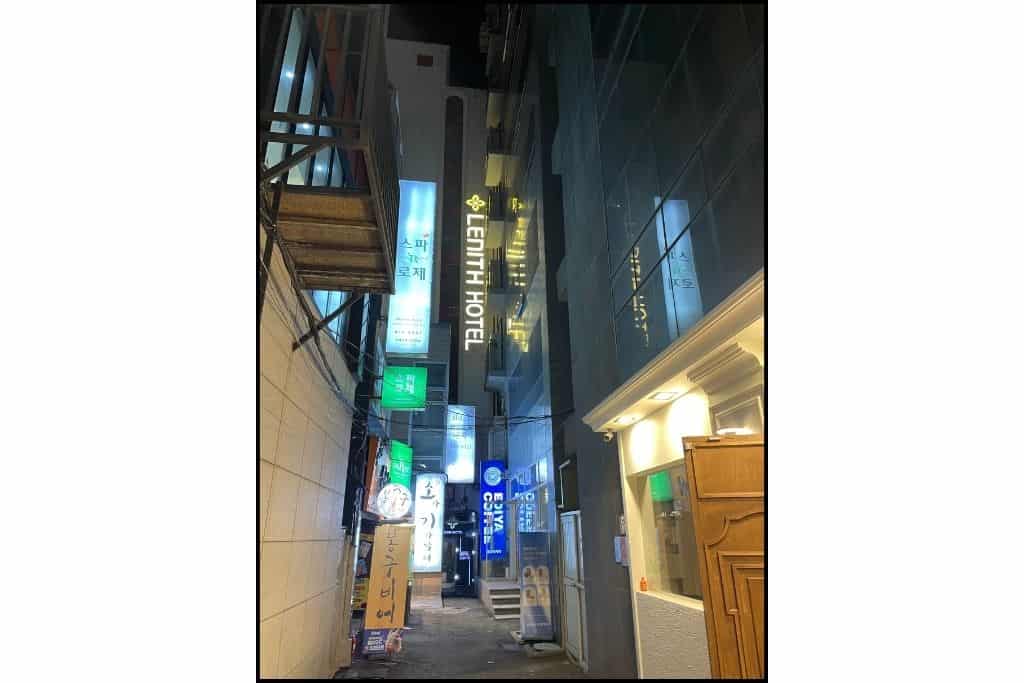
On a few weekend trips to the beach, I’ve stayed in hotels that had some nice extras. Some of them provided a refrigerator and even a burner, which made it easy to cook up a quick meal or snack during my stay.
Embracing South Korean Culture: Tips for Solo Female Travelers
Embracing and understanding the culture can make your journey as a solo female traveler in South Korea even more enjoyable and safe. Understanding cultural norms helps you easily navigate social situations.
What Should I Wear in South Korea?
While South Korea is undoubtedly fashion-forward, dressing modestly, especially when visiting traditional sites like temples or more conservative, smaller cities, is recommended. It can help you blend in and avoid unwanted attention.
I continue to see online discussions about appropriate attire in Korea. You might still hear advice to avoid showing your shoulders or collarbone.
Opinions differ. Wear what you feel comfortable in.
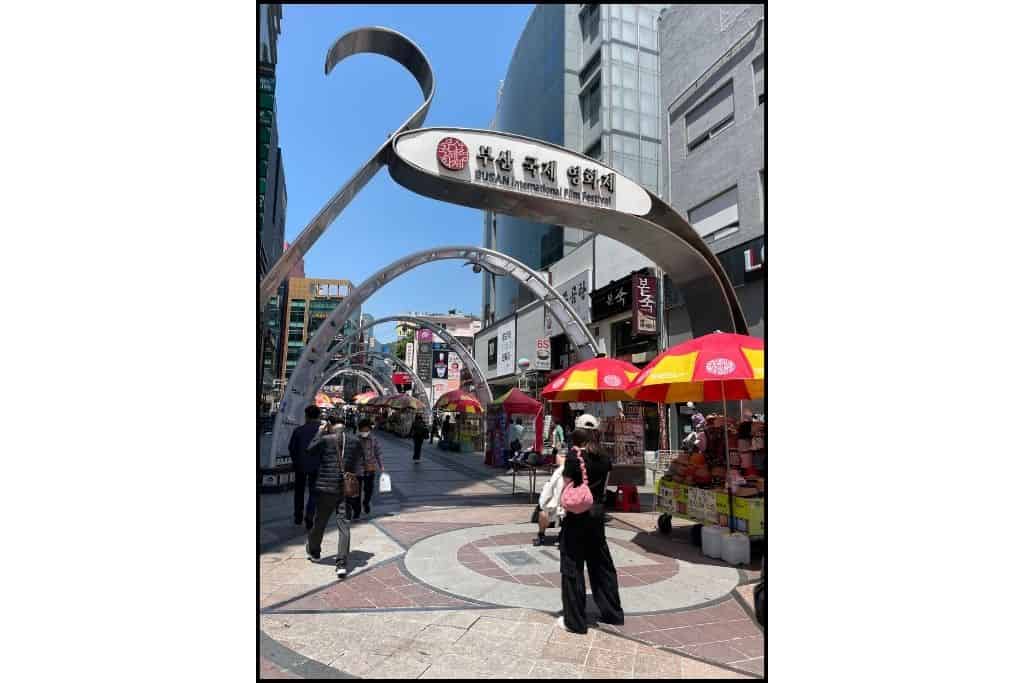
While exposed shoulders aren’t universally considered inappropriate, the key is understanding the social context and setting when deciding what to wear.
Personally, I’ve found that dressing in a way that doesn’t attract unwanted attention helps me feel more comfortable and blend in with the local culture.
I avoid showing cleavage when traveling in South Korea, but I don’t worry about showing my shoulders or collarbone as a tourist.
Most Koreans are accustomed to seeing visitors wear what they’re comfortable with.
It’s not about being overly conservative but about respecting local customs and dressing in a way that fits the cultural context. This thoughtful approach can make your experience as a solo traveler more comfortable and enjoyable.
Politeness and Respect in South Korea
Politeness and respect are central to South Korean culture, and demonstrating an understanding of local customs can enhance your safety as a solo female traveler.
Being familiar with the culture, I recommend learning a few key phrases as well as using a smile or a slight head nod to locals. A head nod is a universal way to say hello.
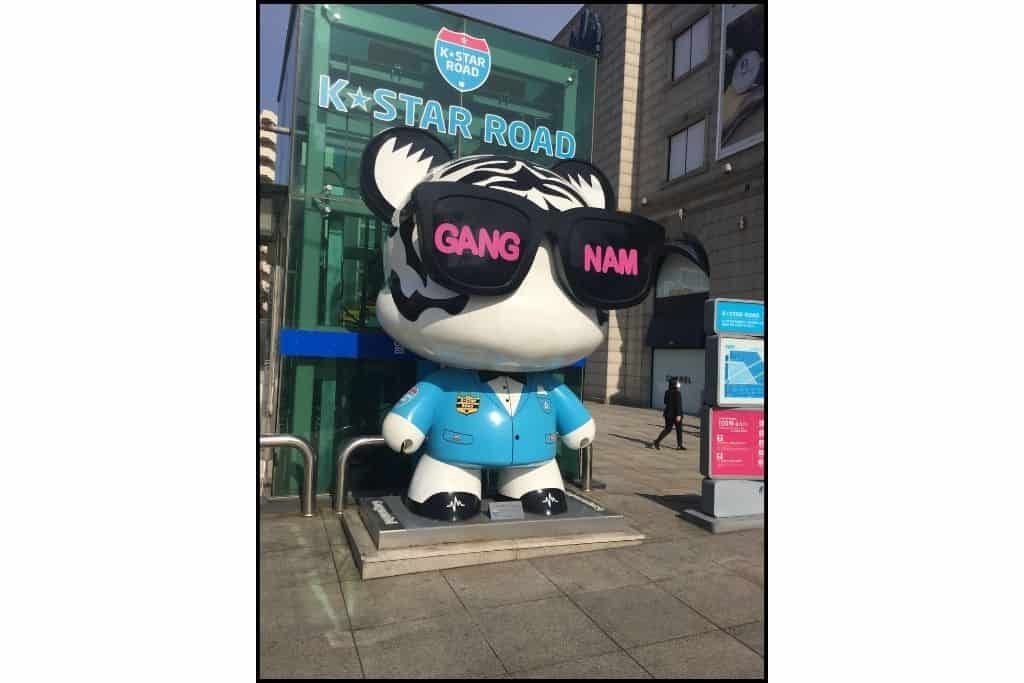
A polite and respectful demeanor is highly valued, so greeting others with a slight head bow or a simple “annyeonghaseyo” (hello) goes a long way. Maintaining a respectful attitude in public spaces and being mindful of personal boundaries is also essential.
Understanding Personal Space in South Korea
As an American, I’m used to having a large personal space bubble. When I visit South Korea, that bubble shrinks significantly. In this densely populated country, personal space isn’t really a thing—people are accustomed to being packed together in public spaces.
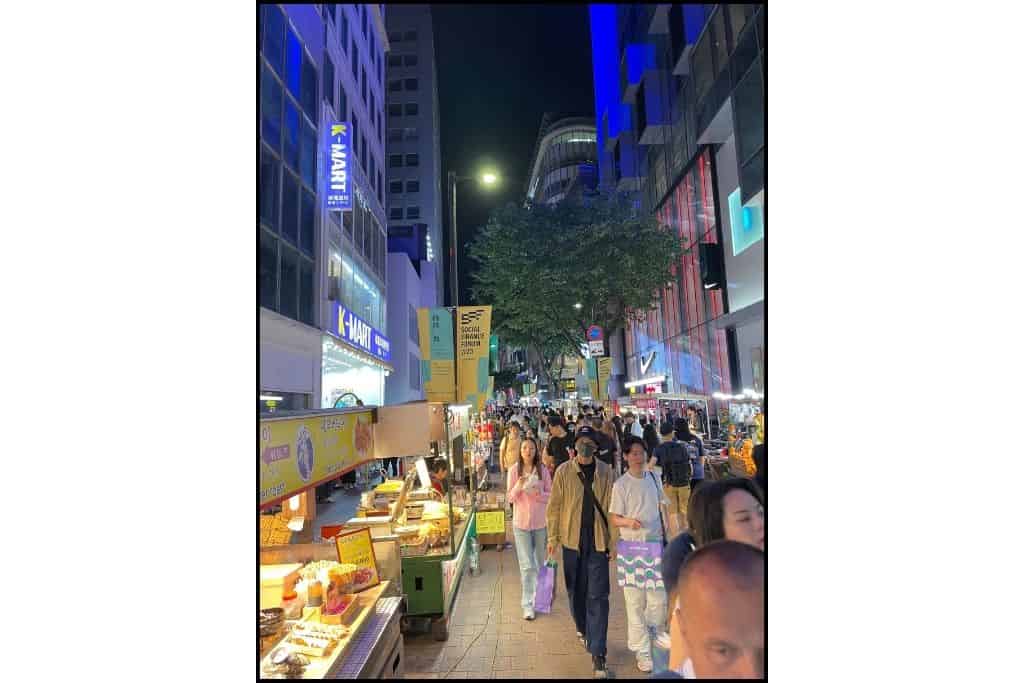
Whether it’s pushing past you in a busy market or standing shoulder-to-shoulder on the subway, crowded areas are just part of daily life. Be prepared to adapt and go with the flow—it’s all part of the experience!
Just maintain awareness of your surroundings. if you feel vulnerable or uncomfortable, you can move or place your bag in front of you.
For more information on etiquette tips and culture shock, you can read about it HERE
Practical Safety Tips When Dealing with Unwanted Attention
While understanding and respecting the local culture is essential, there are times when we will need to assert ourselves in a confident manner.
A Confident “No”
Learn to say ‘No’ without smiling, raising your voice, or softening your tone. A firm, neutral response makes it clear you’re serious.
Practice in front of a mirror—adjust your tone and body language until it feels natural. The more you rehearse, the more confident and assertive you’ll sound when it matters.
No Polite Excuses
Women are often taught to be polite and offer excuses to avoid confrontation. We think saying we’re meeting friends or that we have a boyfriend will make someone leave us alone.
But in reality, this often does the opposite—it invites more questions, challenges, and arguments. The person pressing for details isn’t just making conversation; they’re trying to figure out if we’re lying.
Be direct and state “No. I am not interested.” at the beginning of the interaction.
Practice in front of a mirror—adjust your tone and body language until it feels natural. The more you rehearse, the more confident and assertive you’ll sound when it matters.
Remove Yourself From The Situation
When all else fails, get up and walk away. Remove yourself from the situation.
If you spot a group of people or a family nearby, stand close to them. Safety in numbers can help deter unwanted attention. You might be surprised that the group will help you get away from the unwanted attention.
You can also step into a convenience store and let the staff know you’re being harassed.
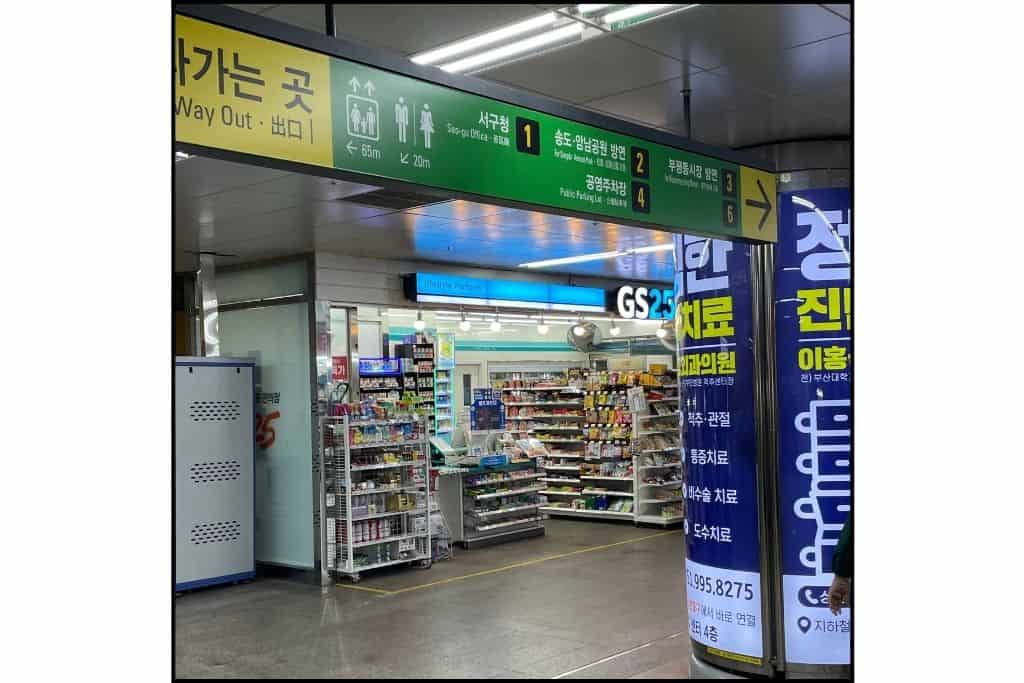
Common Scams to Watch Out for in South Korea
Despite South Korea’s high level of safety, there are a few things to be mindful of that might surprise you.
While scams aren’t as common here as in other countries, certain situations may make you feel uneasy if you’re unprepared. Here’s a brief overview of some common scams. You can read more details about them HERE
Taxi Overcharging
Some drivers refuse to use the meter or take unnecessarily long routes.
How to avoid: Use official taxi apps like Kakao T or check the estimated fare beforehand. Read more about must-have apps HERE
Religious Cult Invitations
Two nicely dressed Koreans will approach you, speak fluent English, and invite you to a “traditional ceremony” or “cultural experience,” which is a recruitment attempt.
How to avoid: Politely decline, avoid engaging in prolonged conversations, and walk away.
Club and Bar Scams
Tourists may be lured into bars with “free entry” but later face overpriced bills or drink spiking.
How to avoid: Stick to well-reviewed places and always check drink prices before ordering. Never leave your drink unattended and don’t accept drinks from strangers.
Price Gouging
At restaurants, markets, norebangs, and even renting a hanbok, the prices might not always be listed—or you might be charged more as a foreigner.
To avoid surprises, always ask for the price before ordering or booking, especially in tourist-heavy areas.
Exchange Rate Tricks at Money Changers
Some places manipulate exchange rates or charge excessive fees.
How to avoid: Use banks or reputable exchange centers.
Fake Tour Guides
Scammers pose as guides, then overcharge for a “tour” with little value.
How to avoid: Book through reputable agencies or official tourism websites.
FAQ
Yes, South Korea is generally very safe, even at night. The country has low crime rates, and many areas are well-lit with people out late. However, it’s still important to stay aware of your surroundings, avoid poorly lit alleys, and trust your instincts if something feels off.
South Korea has a mix of conservative and trendy fashion. While you can dress as you like, avoiding overly revealing outfits in temples or traditional areas is respectful. Wearing comfortable shoes and dressing in layers is also helpful for varying weather conditions.
Public transportation in South Korea is very safe, clean, and reliable. Subways and buses have CCTV cameras, and some subway lines offer women-only cars at night. However, during rush hours, personal space can be limited, so staying aware of your belongings is recommended.
South Korea doesn’t have too many scams targeting tourists, but one to be aware of involves people inviting you to a “traditional ceremony” that turns out to be a religious cult recruitment attempt. Politely decline and walk away if approached. Taxi overcharging can also happen—use apps like Uber Kakao T to avoid this. Read more about common scams HERE
If you need help, dial 112 for police and 119 for medical emergencies. Many police officers and emergency responders speak basic English. If you’re unsure, head to the nearest convenience store or subway station—staff can often assist in contacting authorities.
If you ever feel unsafe, head to the nearest convenience store. Convenience stores like GS25, CU, and 7-Eleven are everywhere and open 24/7. The staff can help you, and these stores have security cameras, making them a safe place to regroup or call for assistance. If needed, you can also ask them to call the police (dial 112) or a taxi for you.
Conclusion
South Korea is one of the safest countries for solo female travelers, thanks to its low crime rates, well-lit streets, and reliable public transportation.
While safety concerns are minimal, it’s always smart to stay aware of your surroundings, especially at night or in crowded areas. Dressing appropriately, keeping an eye on your belongings, and knowing basic emergency contacts can add an extra layer of security.
If you ever feel unsafe, convenience stores, police stations, and subway stations are reliable places to seek help. Simple precautions, like using trusted transportation apps and avoiding isolated areas late at night, can make your trip even smoother.
With the right mindset and preparation, you can confidently explore South Korea and enjoy its rich culture, delicious food, and exciting nightlife without worry.
